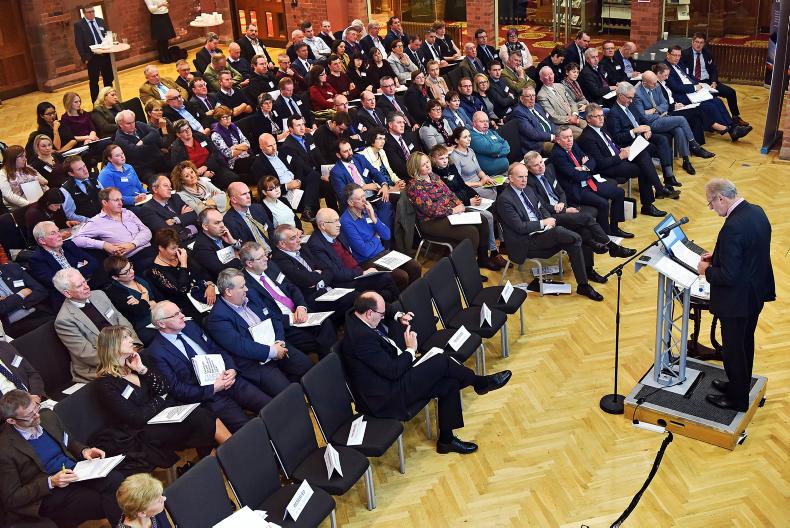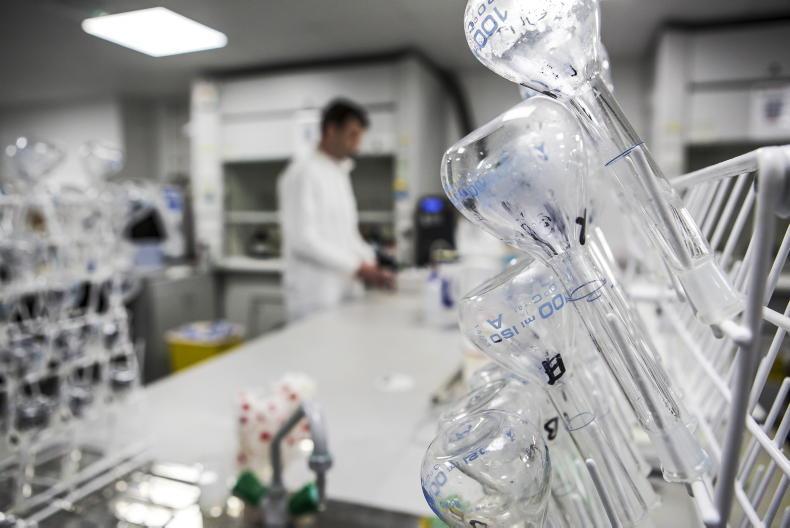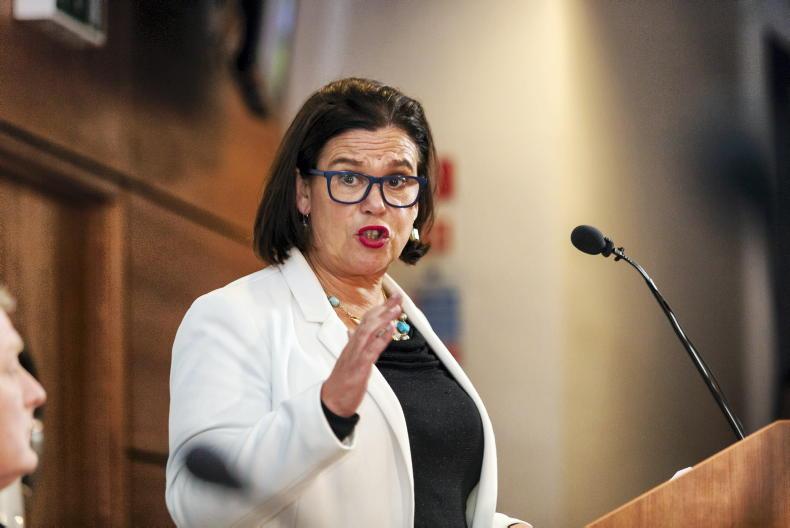Farm businesses in the UK will need to either become more technically efficient, add value to their products or diversify into another income stream after Brexit, a member of the House of Lords told an audience at Queen’s University Belfast last week.
“Farmers can do all three, but if a business is not doing at least one of these options then their chances of survival will be slim,” Lord Curry of Kirkharle said.
Listen to Lord Curry in our podcast below:
Lord Curry is well regarded in farming circles, having chaired several industry bodies in his career, including the Meat and Livestock Commission, and led a group commissioned by the Labour government in 2002 to develop a long-term strategy for farming in England. He outlined that the bottom 25% of farms in the UK, in terms of financial performance, are most dependent on CAP payments and will struggle after Brexit without improving on-farm efficiencies. He is urging the government to consider including a retirement incentive, as well as a new entrant scheme, in a future UK agricultural policy.
“Some will need assistance to leave the industry before their businesses go under. It is not kind to tell some people to soldier on until everything is gone. If these farms could potentially be viable, we need to think of how do we get young people in to run them,” he said.
With most of the indications coming from policymakers in Westminster that farm support after Brexit will be for delivering public goods, such as maintaining the countryside and waterways, Lord Curry said that a wider debate is needed on the definition of a public good.
“Food security, I would argue, is a public good. The nation needs to be sure that it has a supply of sustainably produced food available, and we can’t guarantee that in a global market that can be disrupted by climate change or conflict. “If we are to depend largely on imported food, that’s a high-risk strategy. We need to encourage the production of food here,” he said.
He also maintained that more work is needed by the industry to make the benefits of public investment in an agricultural policy clear to policymakers and the public.
“The £3bn spend on supporting agriculture each year is pityingly small compared with size of the industry and benefits we deliver,” Lord Curry said.
However, the Northumberland farmer maintained that securing favourable access to EU markets after Brexit was actually more important than the level of financial support from the government.
“Our [farmers] interests should be high on the government’s agenda in negotiations, but are they?” he asked.
On future trade, he said that the UK industry must maintain high animal welfare and environmental standards, as well as have a national herd with a high health status.
However, he added that production standards in the UK must make sense economically and meet the needs of most consumers in the domestic market.











SHARING OPTIONS